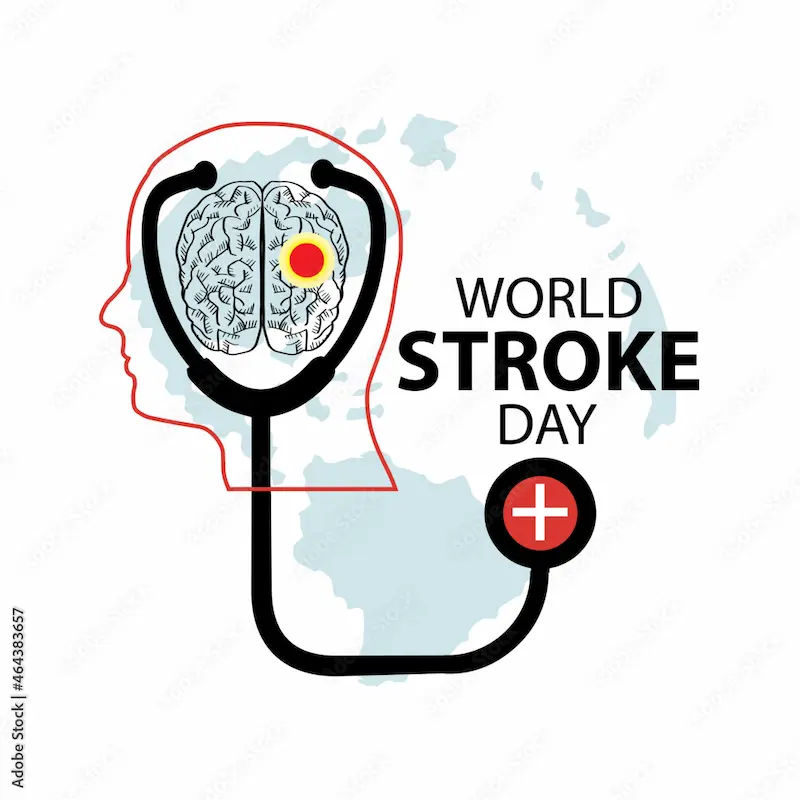- Male
- 31 Years
- 29/01/2025
I'm feeling some pain on the left side of my chest. It's not constant, and sometimes it just goes away on its own. I'm kinda worried about what this could mean or if I should be concerned. Any ideas on what might be going on?
More Cardiology Health Queries
View allI've been dealing with a dull pain inside my left chest and Im getting kind of worried about it. It seems like sometimes it's making it a bit hard to breathe, like I cant get enough air, and it's making me feel a little anxious. Ive also noticed my palms get cold now and then. What could this be and should I be really concerned?
It sounds like you may be experiencing symptoms of a heart condition. I recommend you take Aspirin 81mg immediately to help prevent blood clot formation. You should also take Nitroglycerin 0.4mg sublingually for chest pain relief. It is important to seek medical attention promptly for further evaluation and management.
Answered by 1 Apollo Doctors
My mom is 46 and she's been taking medication for her blood pressure, but it's been pretty low lately. I'm really worried this could cause her blood pressure to drop even more. What can we do to help increase it?
take excessive liquids
Answered by 1 Apollo Doctors
I'm really worried about my dad. He's been having heart palpitations and his creatinine level is at 2.4. Do you have any advice or suggestions on how we can help him get better?
Heart palpitations can be concerning, especially with a high creatinine level. To help manage heart palpitations, your father can take Metoprolol (brand name: Lopressor) at a dosage of 25-50mg twice a day. It is important to also address the underlying cause of the high creatinine level, which may involve medications like Lisinopril (brand name: Prinivil) at a dosage of 10-20mg once a day to protect the kidneys. Additionally, it is crucial to follow a low-sodium diet and stay hydrated. Regular follow-ups with a healthcare provider are essential to monitor his condition.
Answered by 1 Apollo Doctors
Disclaimer: Answers on Apollo 247 are not intended to replace your doctor advice. Always seek help of a professional doctor in case of an medical emergency or ailment.





_1.webp)
